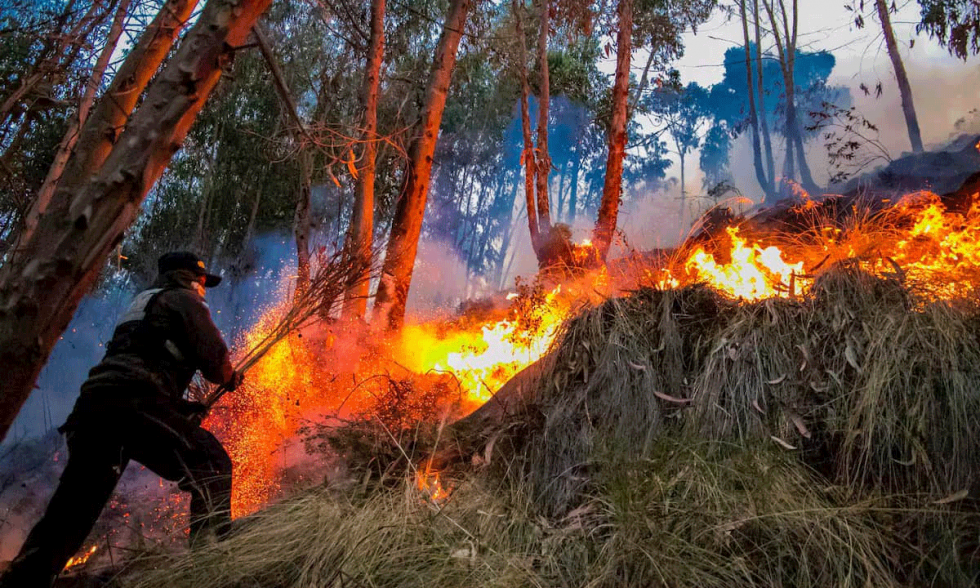Balancing Security and Human Rights: Challenges in Modern Criminal Justice Education
Criminal justice has become one of the most complex and evolving fields of the 21st century. The rise in global crime, the increasing sophistication of criminal networks, and the growing demand for accountability and human rights compliance place immense pressure on the systems responsible for delivering justice. From urban violence and cybercrime to transnational offenses and systemic inequality, today’s criminal justice professionals face challenges that go beyond traditional law enforcement.
This landscape calls for a new kind of leadership—one rooted in interdisciplinary knowledge, ethical reasoning, and a global perspective. Responding to this need, academic institutions are playing a crucial role in preparing professionals who can act with integrity, strategic foresight, and cultural sensitivity.
The New Profile of the Criminal Justice Professional
Modern criminal justice professionals are not only tasked with enforcing laws but also with maintaining public confidence in the justice system. They are increasingly called upon to respond to crimes that are complex and global in nature, requiring skills in negotiation, analysis, and international cooperation.
Furthermore, these professionals must strike a careful balance: ensuring public security while upholding human rights and civil liberties. This dual responsibility requires a sophisticated understanding of policy, ethics, criminology, and the broader social contexts in which justice is applied.
The traditional models of punitive justice are no longer sufficient. Restorative justice, community policing, data-driven decision-making, and evidence-based policies are gaining ground in many regions. These new approaches demand advanced training and a deeper level of critical thinking, particularly when it comes to addressing over-incarceration, racial disparities, and the reintegration of offenders into society.
Global Trends and Pressures
According to the United Nations Office on Drugs and Crime (UNODC), transnational organized crime generates hundreds of billions of dollars annually, undermining rule of law, security, and governance in many parts of the world. Human trafficking, cyberattacks, drug trafficking, and corruption are increasingly intertwined with local conflicts and political instability.
At the same time, global advocacy for justice system reform has intensified. Movements across Latin America, Europe, and Africa are pushing for greater accountability, transparency, and community involvement in judicial processes. In this climate, the education of criminal justice professionals must move beyond national borders and embrace a broader, interconnected understanding of crime and justice.
Academic Institutions Responding to the Challenge
Academic institutions have begun to adjust their curricula to these evolving needs. Among these, the Master of Science in Criminal Justice offered by Blackwell Global University (BGU) stands out for its comprehensive, ethical, and global approach.
Headquartered in the United States and with a presence in several countries across Latin America and Europe, BGU offers programs designed for professionals who aim to deepen their expertise and lead transformational change within criminal justice systems.
This master’s program integrates key components such as criminological theory, public policy analysis, human rights, strategic leadership, and applied research. It trains students to analyze social phenomena from multiple angles and equips them with tools to design interventions that are both effective and respectful of human dignity.
Ethical and Interdisciplinary Learning
What sets this program apart is its commitment to ethical education. Rather than focusing solely on enforcement or punishment, the curriculum fosters critical reflection on how justice is administered, who is affected, and what structural changes are needed for sustainable improvements.
Students explore restorative justice, evidence-based practices, and international human rights law through case studies and research-based projects. They also gain a nuanced understanding of how criminal justice intersects with social inequality, political governance, and institutional trust.
Graduates of this program are equipped to work in various contexts: government agencies, nonprofit organizations, legal advisory roles, policy think tanks, and international institutions. Their skill set allows them to assess legal frameworks, design inclusive policies, and manage complex judicial reforms.
Innovation for a Changing World
As new threats emerge—such as digital crime, algorithmic bias in law enforcement, and mass surveillance—criminal justice professionals must stay ahead of the curve. BGU’s master’s program promotes innovation through continuous curricular updates and access to global faculty who bring diverse experiences and insights.
Additionally, the program encourages collaborative learning and international dialogue, creating a global network of justice professionals who can share best practices and lead regional improvements in justice systems.
Shaping the Future of Justice
The future of criminal justice depends on the professionals who shape it. Education that integrates ethics, strategic thinking, and real-world applications is essential to building systems that protect, restore, and serve all members of society.
The Master of Science in Criminal Justice at Blackwell Global University represents a forward-looking approach to professional education. It empowers graduates to be more than just enforcers of law—they become advocates for a more humane, equitable, and effective system of justice.
Related Articles
Todos los derechos reservados




Comentarios